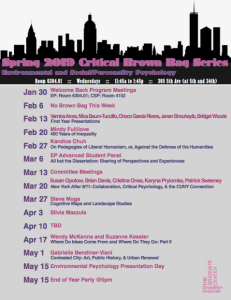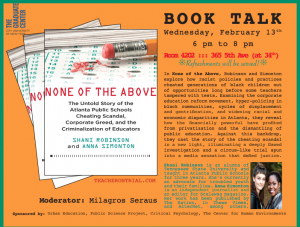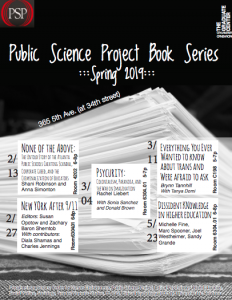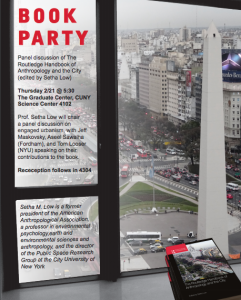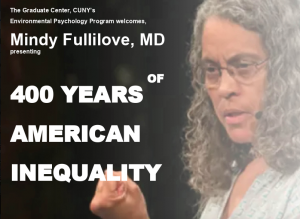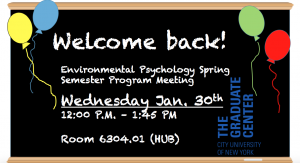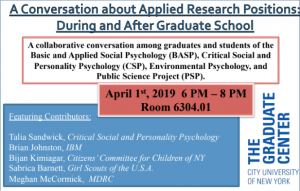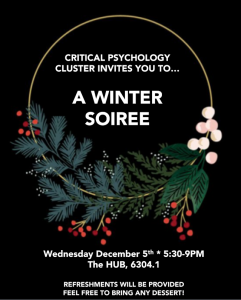When: February 14th 11:30AM-1:00PM
Where: CUNY School of Public Health (55 W 125th Street). 6th floor. Conference Room 628. (First go to 7th floor to get visitor ID).
Green space, health and gentrification: For whom is the green and healthful city?
With exposure to urban green space demonstrated in past studies to benefit human health, cities have recently focused on increasing access to parks and other open spaces as a public health intervention, particularly for historically underserved communities such as among minority residents and residents with low socioeconomic status. I will present the results of a recent analysis of sociodemographic data drawn from the US Census bureau, green spatial data from the New York City Department of Parks and Recreation, and health data from an annual surveillance survey of New York City residents. Our research asks whether neighborhood gentrification status matters when considering the health benefits of green space exposure, and whether the benefits of such interventions are received equitably across racial and socioeconomic groups. Results indicate that structural urban public health interventions, such as the creation of green space may not benefit all residents equally. Our findings further highlight the importance of evaluating and conceiving of urban structural urban interventions, such as the creation of green spaces, in the context of other urban processes affecting the distribution of and access to resources in cities, such as gentrification.
Helen Cole, DrPH, is a post-doctoral researcher with the Barcelona Lab for Urban Environmental Justice and Sustainability, affiliated with the Institute of Environmental Science and Technology at the Autonomous University of Barcelona and the department of epidemiology and public health of the Medical Research Institute of the Hospital del Mar. She holds a Doctorate in Public Health from the City University of New York Graduate Center and an MPH in Health Behavior and Health Education from the University of North Carolina at Chapel Hill. She specializes in urban health, health equity and community health. Drawing from the fields of sociology, critical geography, and urban planning, her work challenges traditional public health perspectives by questioning and evaluating the long-term social justice impacts of structural urban interventions (e.g., the potential for green/environmental gentrification resulting from urban greening). Her current work explores whether, and how, healthier cities may also be made equitable, placing urban health interventions in the context of the broader urban social and political environments.
